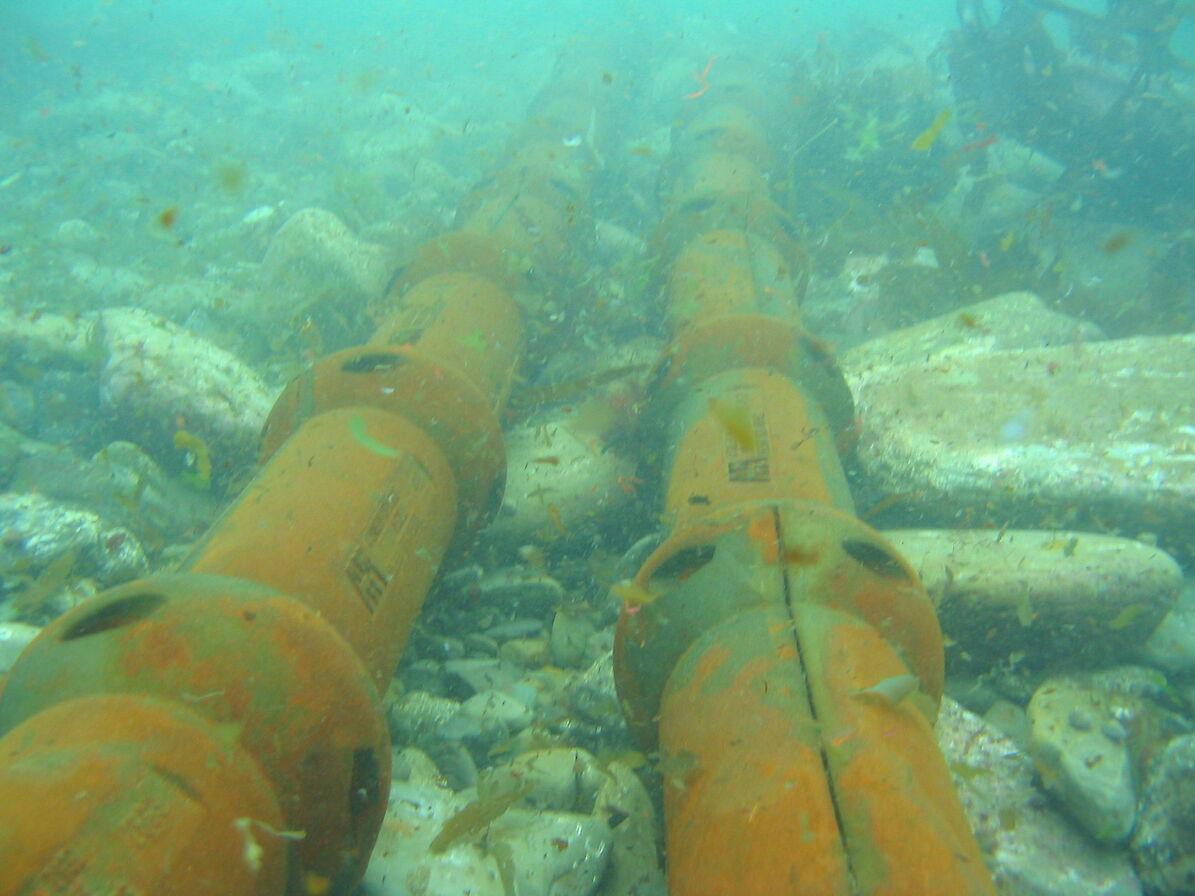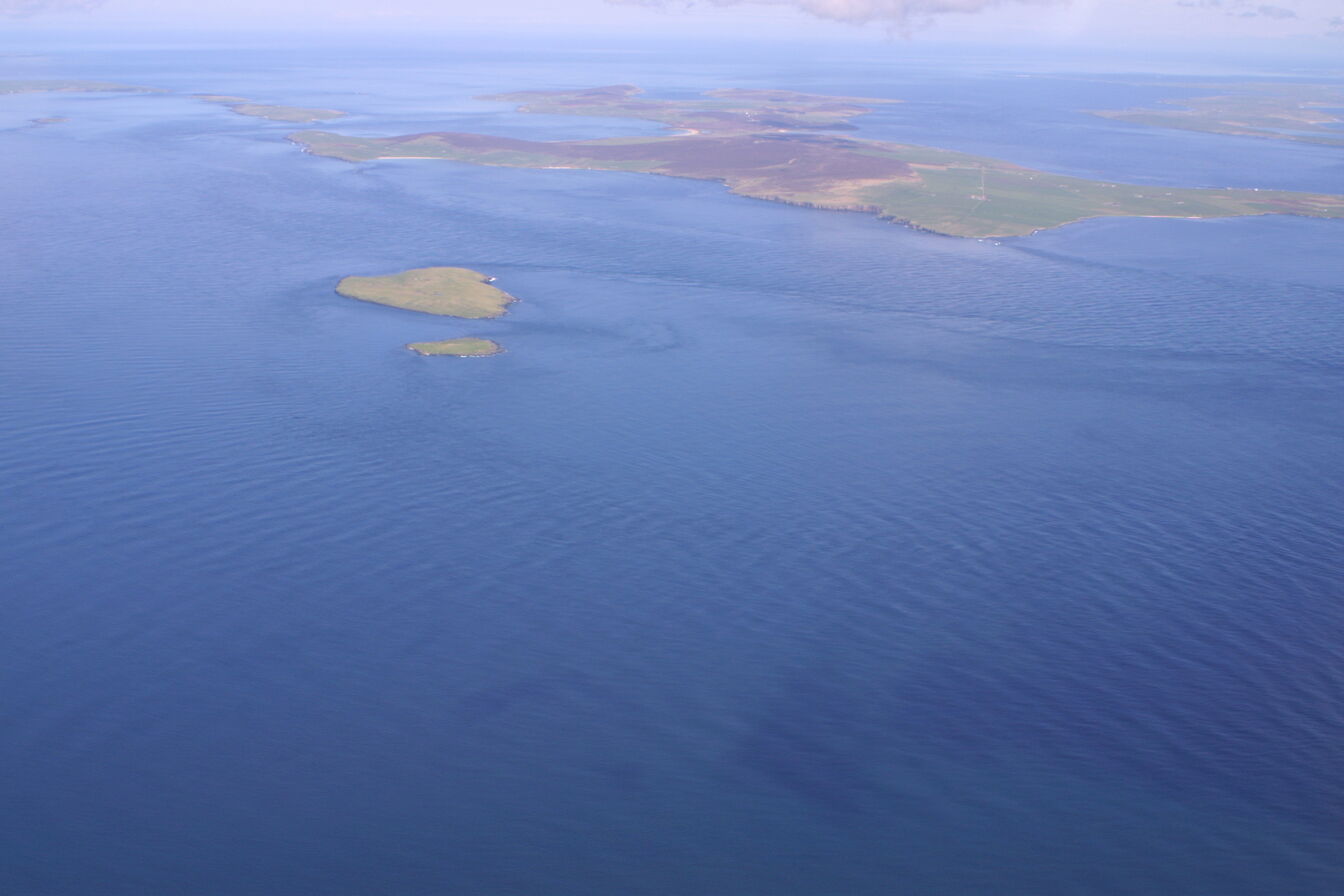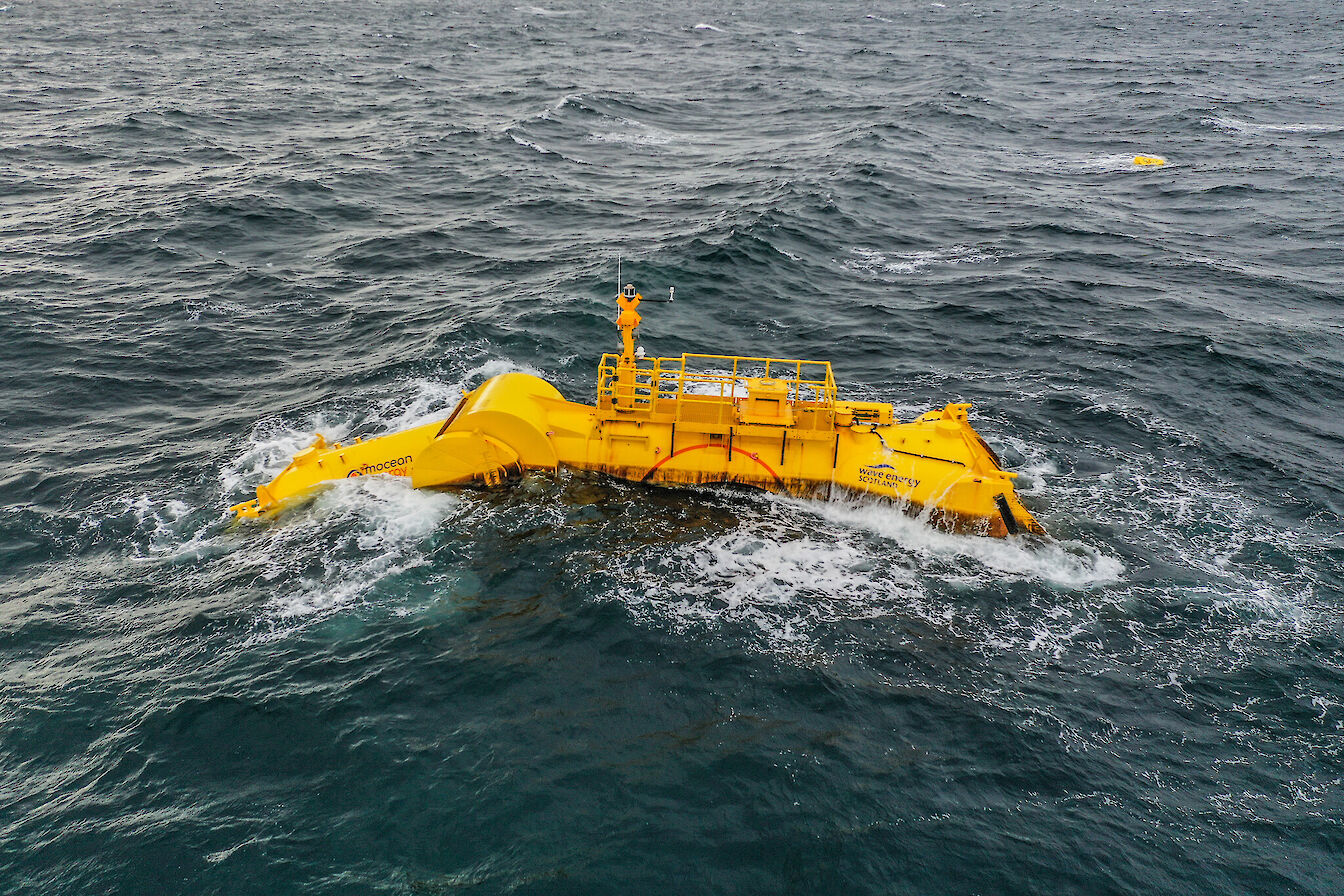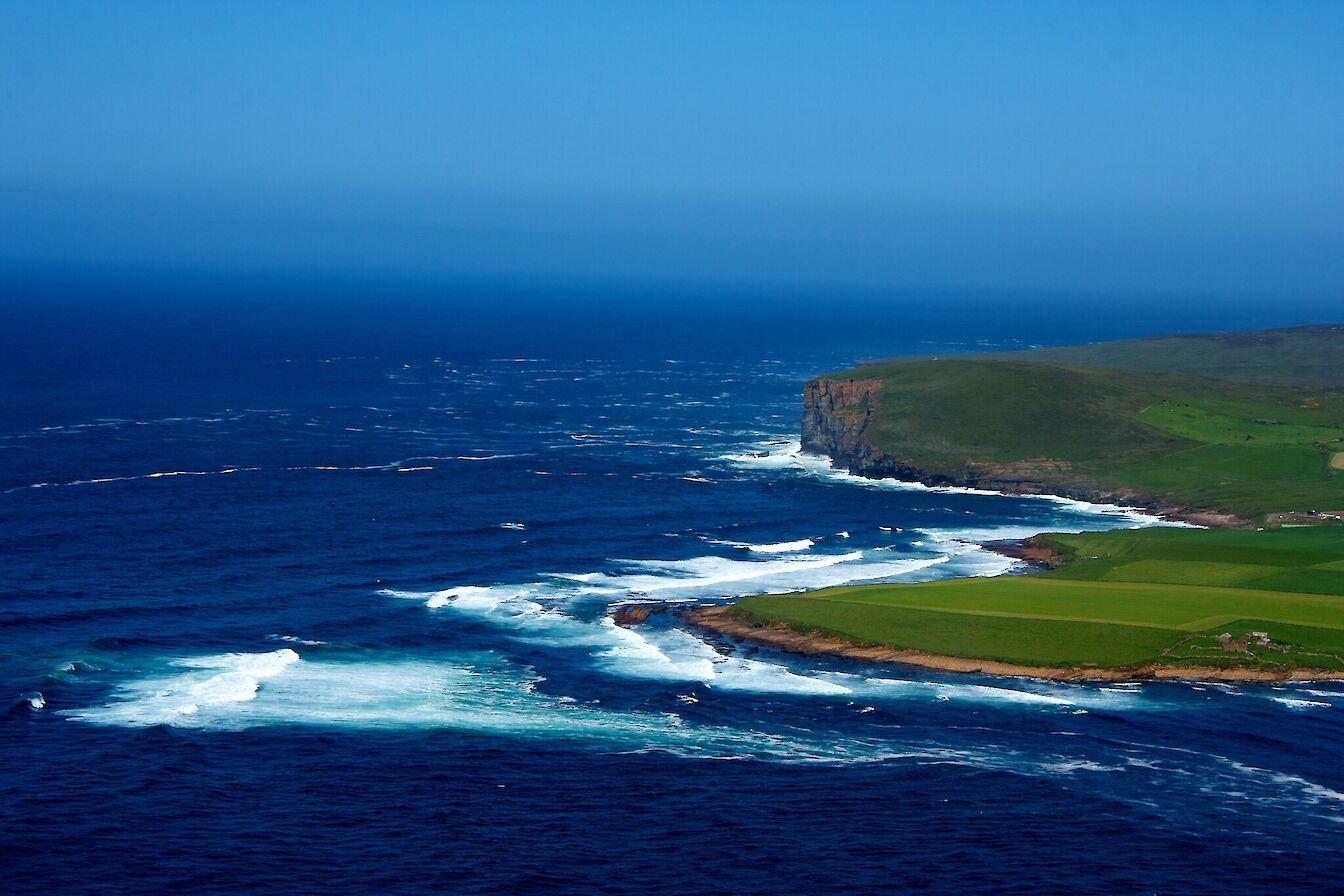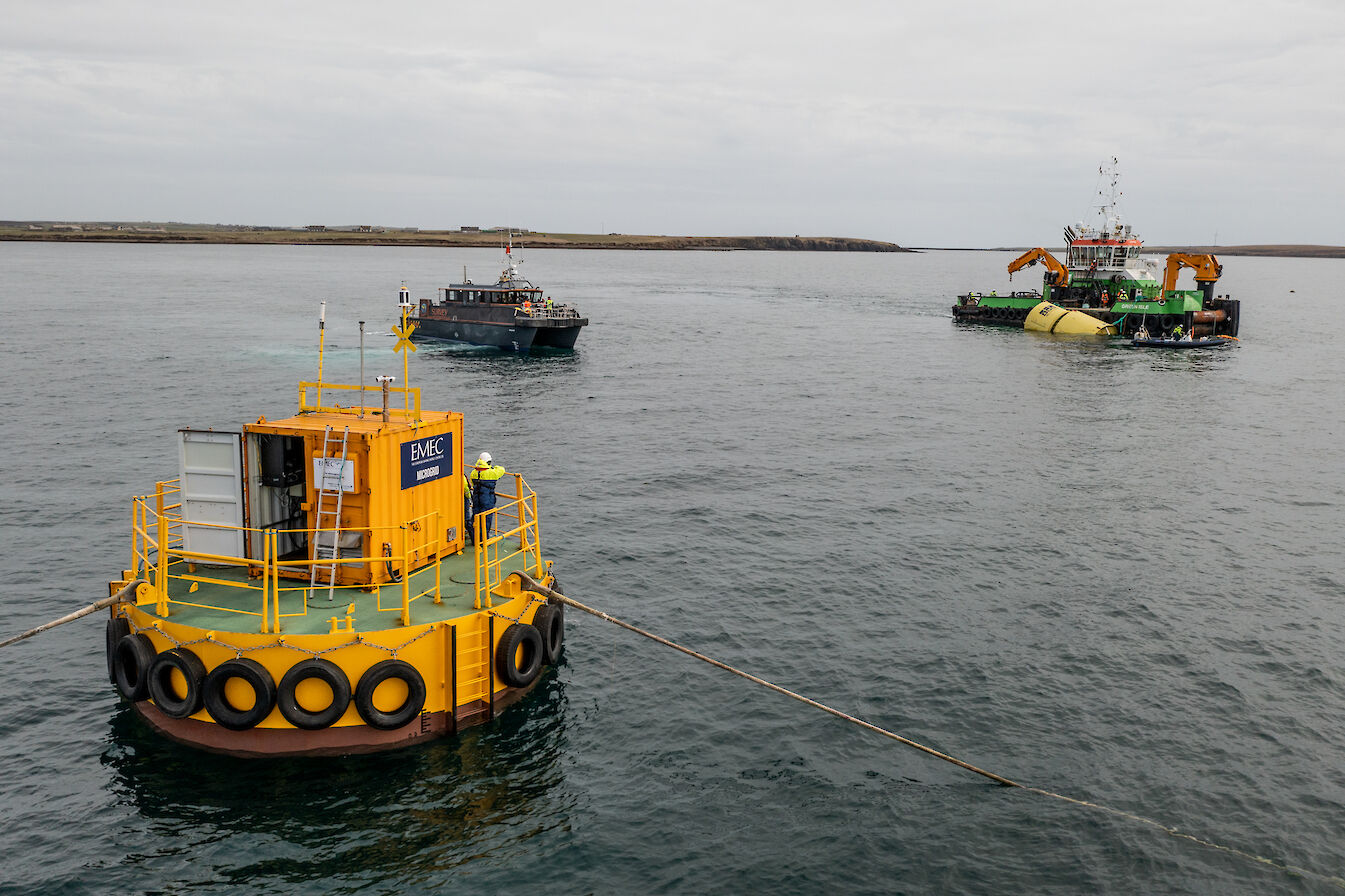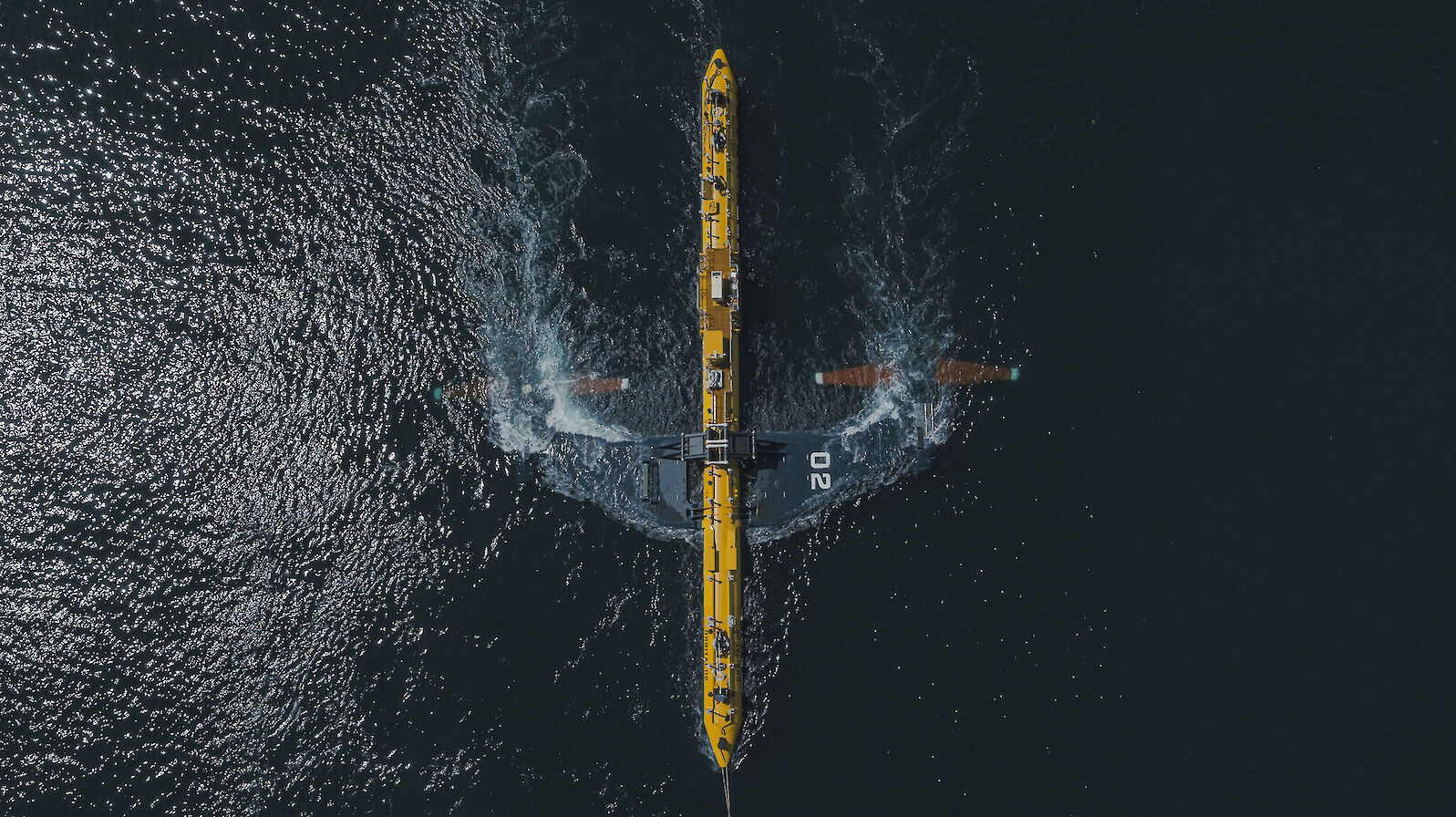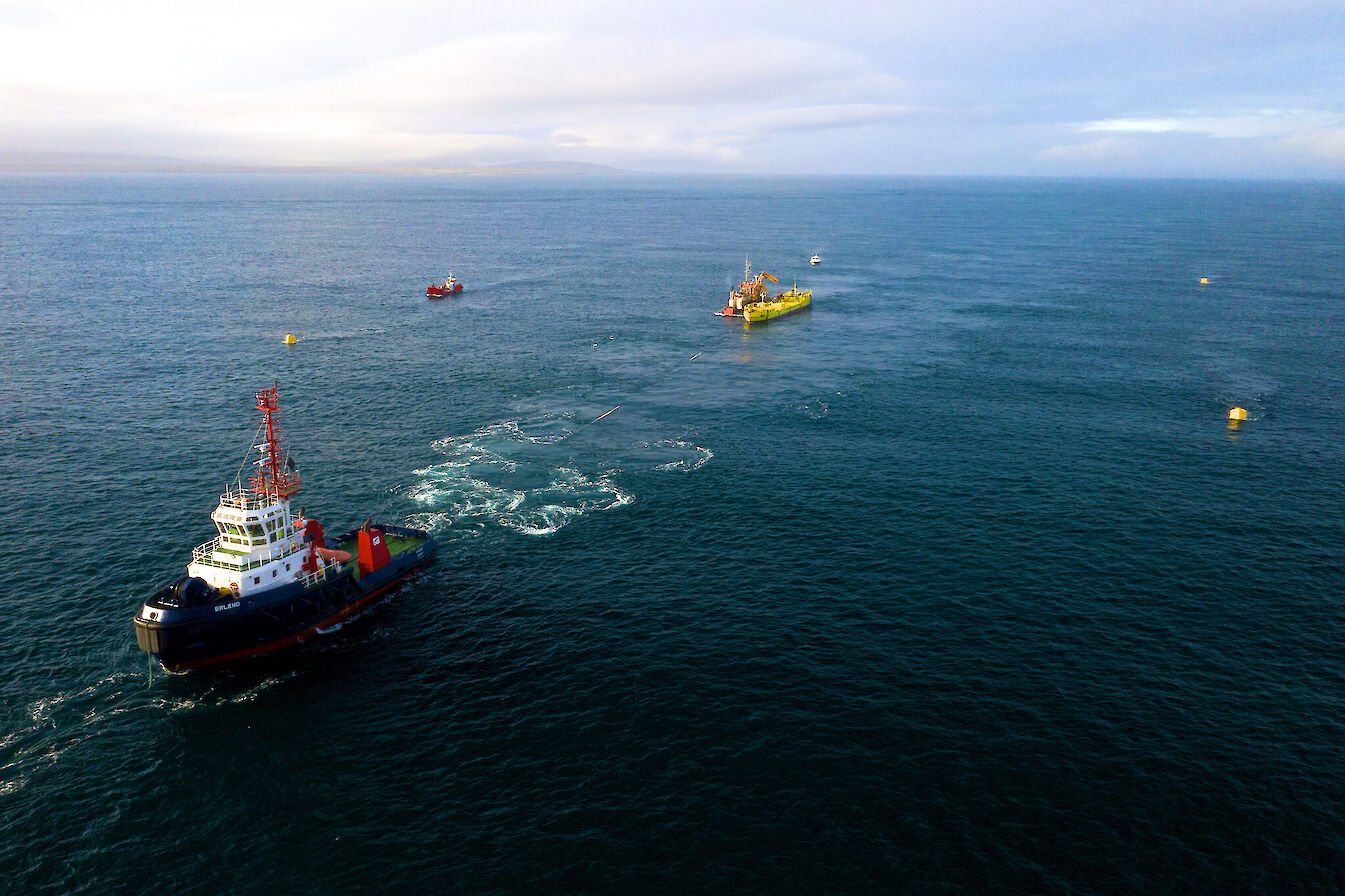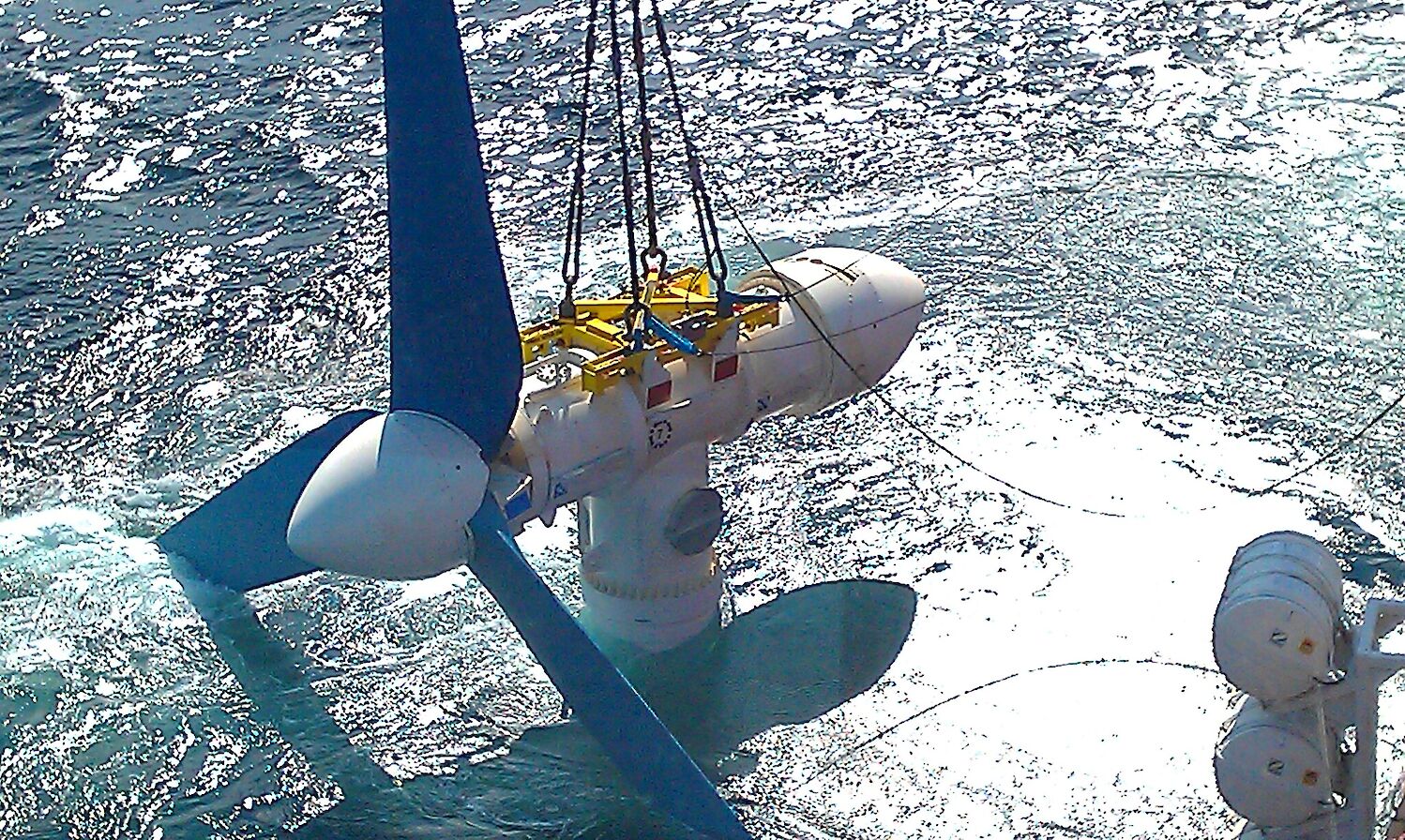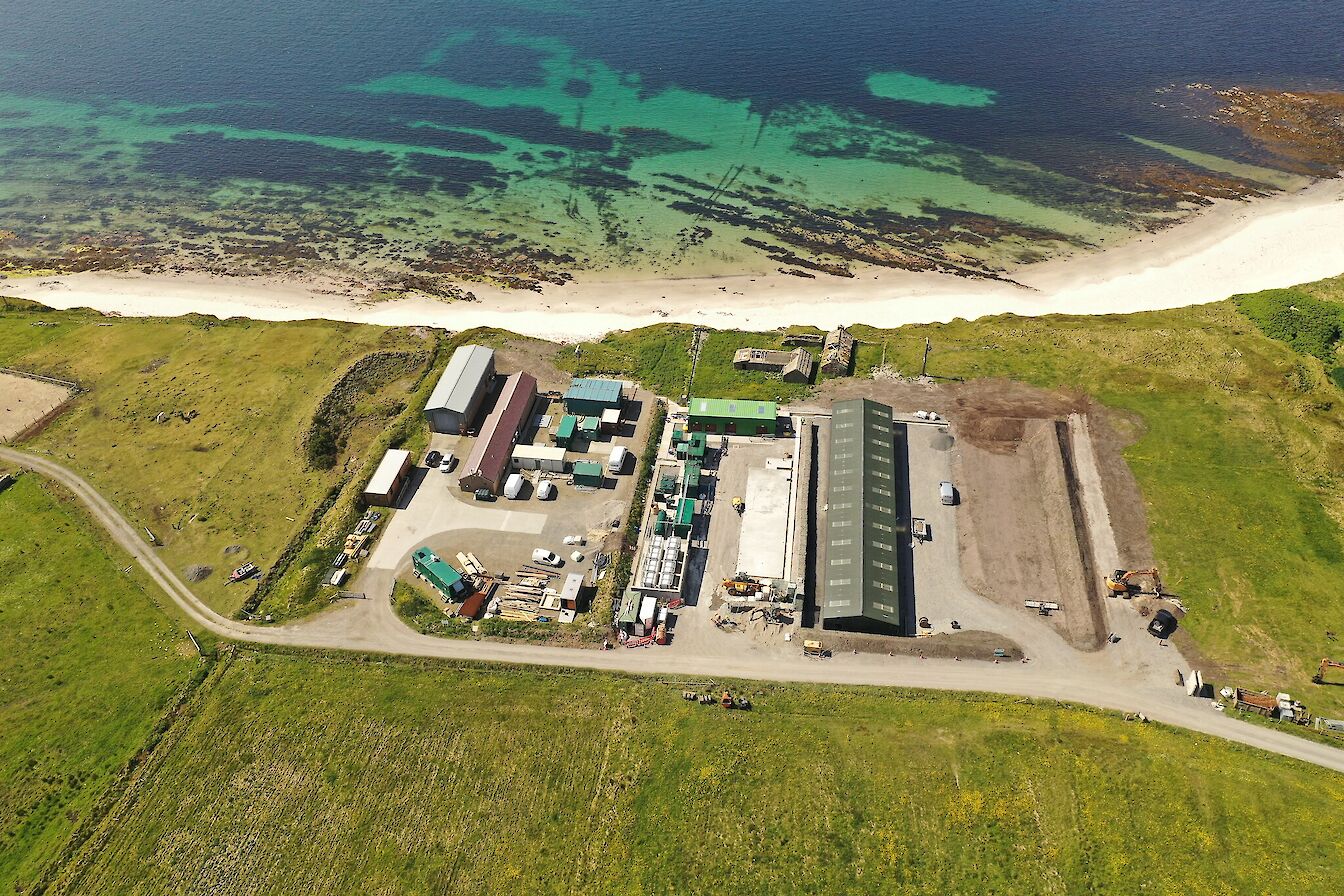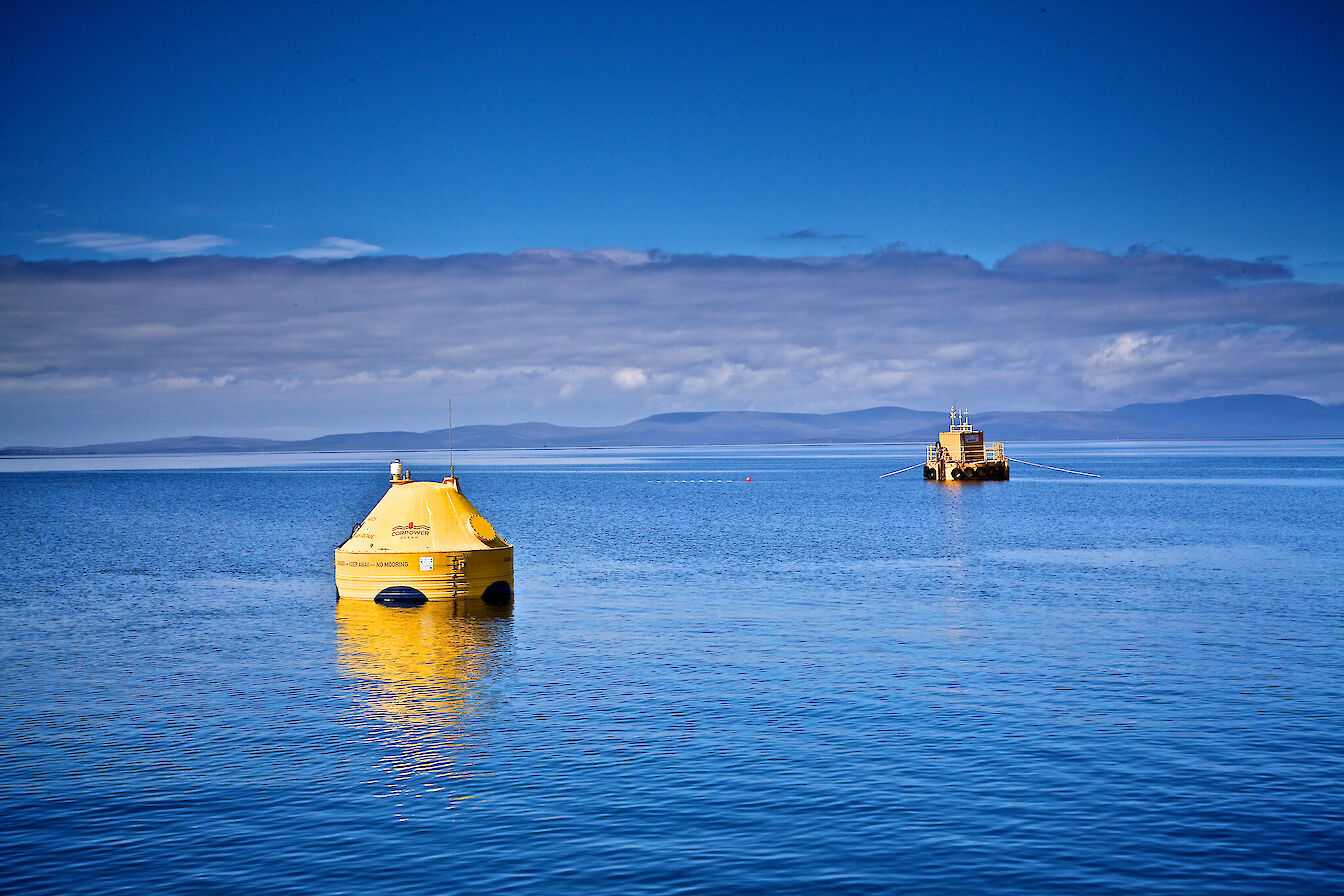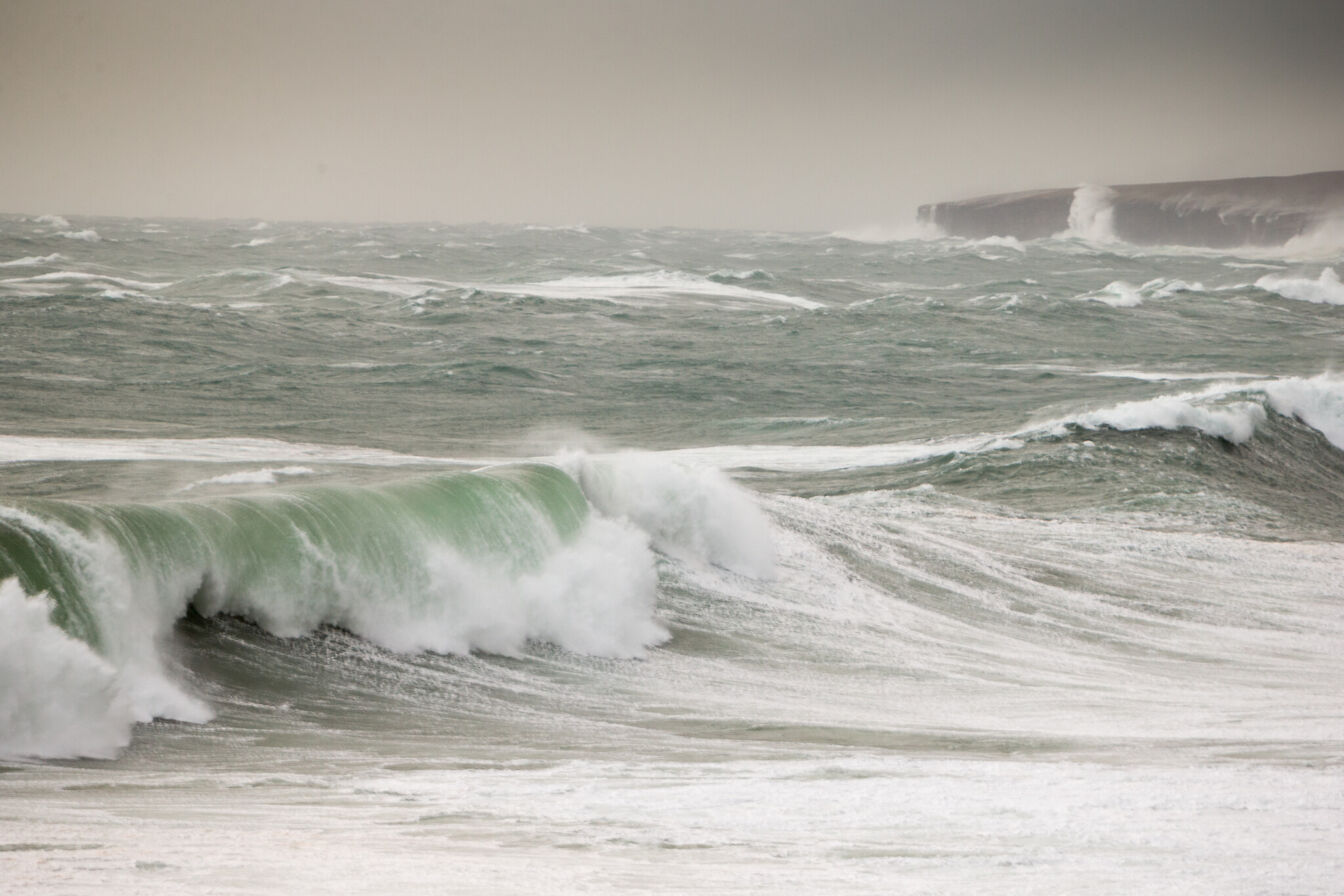The Charles Clouston Building
ORIC
Back Road
Stromness
KW16 3AW
Established in 2003, EMEC is the world’s leading facility for testing wave and tidal energy converters – technologies that generate electricity by harnessing the power of waves and tidal streams – in real sea conditions.
The centre offers purpose-built, open-sea testing facilities for prototype technologies, operating two grid-connected, accredited test sites where larger prototypes are put through their paces, as well as two scale test sites where smaller scale devices, subsystems and components can gain real sea experience in less challenging conditions.
Orkney provides an ideal base for marine energy testing with its excellent oceanic wave regime, strong tidal currents, grid-connection, close proximity to sheltered harbour facilities, and a wealth of renewable, maritime and environmental expertise within the local community.
Attracting developers from around the globe, EMEC’s facilities help to prove what is achievable in some of the harshest marine environments while in close proximity to sheltered waters and harbours.
To date, there have been more grid-connected marine energy converters deployed at EMEC than any other single site in the world.
EMEC offers a range of services to support technology development from concept to commercialisation, including operational, metocean, environmental and consenting services. EMEC is an accredited test laboratory (ISO/IEC 17025) and inspection body (ISO/IEC 17020), enabling the Centre to provide independently verified performance assessments for wave and tidal energy converters and inspection services to ensure compliance with IEC standards and help innovative technologies commercialise. EMEC is also the world's first IECRE Renewable Energy Testing Laboratory (RETL) for ocean energy.
As a plug-and-play facility EMEC helps reduce the time, cost and risk of testing innovative sustainable technologies. While EMEC was set up to kick start an ocean energy sector in the UK and boost economic development in the Highlands and Islands, it has expanded to use its infrastructure, skills and know-how to help the world decarbonise in other areas as well including offshore and floating wind, the integration of renewables, green hydrogen, storage, e-fuels and island decarbonisation.
- Floating wind testing: EMEC's test sites can accommodation demonstration of offshore wind related component (e.g. floating platforms) and is exploring options for developing a national floating offshore wind test site to the west of Orkney to demonstrate floating turbines in representative metocean conditions to those in ScotWind, Celtic Seas and future leasing rounds.
- Offshore wind innovation: EMEC also runs the Offshore Wind R&I Programme searching for novel solutions to help deliver offshore wind faster, cheaper and at lower risk.
- Renewables integration and hydrogen: EMEC leads innovation projects exploring the integration of renewables with green hydrogen, storage and e-fuels having established an R&D hydrogen ecosystem featuring electrolysers, fuel cells, storage and refuelling, for first-of-a-kind and pilot scale projects aiming to decarbonise power, heat and transport applications.
- Versatile test sites for clean energy and net zero innovation: EMEC’s infrastructure and experience are sought out for a wide range of clean energy and sustainable technology demonstrations, including offshore components, tools and materials, marine operations trials, environmental monitoring and even a subsea data centre designed by Microsoft.
- Decarbonising Scotland’s islands: EMEC is leading the Islands Centre for Net Zero to support Orkney, Shetland and the Outer Hebrides on their path to net zero.
For more details, download EMEC brochure or visit emec.org.uk.
Impact
EMEC was set up in 2003 to kick start an ocean energy sector in the UK and boost economic development in the Highlands and Islands. Over the years EMEC has grown and diversified, and unprecedented activity that has taken place in Orkney due to the presence of EMEC has been a catalyst for economic development, creating jobs and a world-leading supply chain now exporting skills and knowledge around the globe. An economic impact assessment calculated EMEC added £370 million GVA to the UK economy between 2003 and 2023.
Most of EMEC’s work is experimental, putting early stage, pre-commercial technological solutions to the test. EMEC has taken part in R&D projects totalling £538 million for the development of the renewables industry.
Awards
- Blue Economy Enterprise of the Year at the Scottish Highlands and Islands Rural Economy Awards 2021
- Champion of Renewables at the Scottish Green Energy Awards 2021
- Outstanding Service Award at the Scottish Green Energy Awards 2023.

